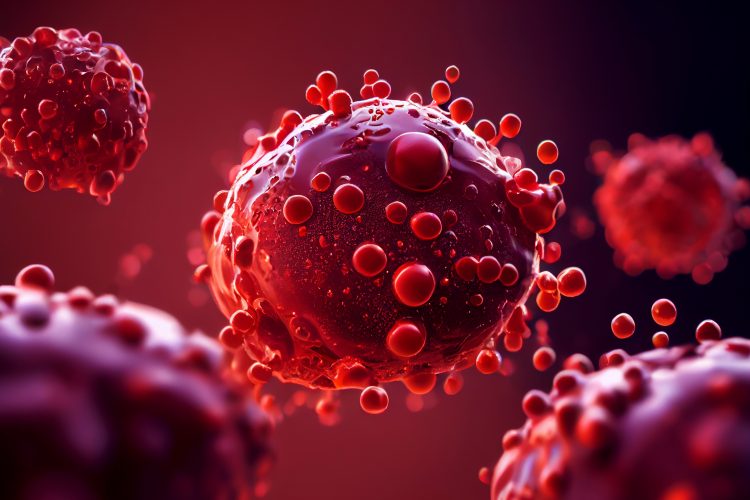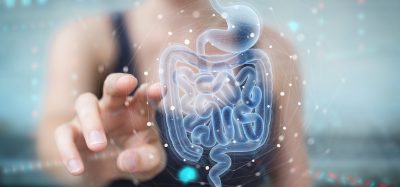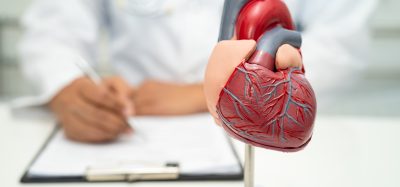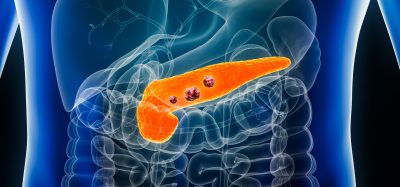Largest biobank of sarcoma-patient-derived organoids to date
Posted: 23 September 2024 | Drug Target Review | No comments yet
Following high-throughput drug screening of the tumour organoids, an effective FDA-approved treatment was identified.


The largest collection of sarcoma-patient-derived organoids to date have been developed by researchers from the UCLA Health Jonsson Comprehensive Cancer Center. These could help to enhance the understanding of sarcoma and better identify effective therapies for individual patients.
Dr Alice Soragni, senior author of the study and assistant professor in the Orthopaedic Surgery department, David Geffen School of Medicine at UCLA, explained: “Sarcoma is a rare and complex disease, which makes conducting clinical trials to identify effective treatments particularly challenging. Some of the rarer subtypes lack standard treatment altogether. Even when multiple therapy options are available, there is often no reliable, data-driven method to determine the best course of action for an individual patient.”
Although sarcomas account for less than one percent of all cancers, they have a high mortality rate, especially in young people. With over 100 distinct subtypes, sarcomas’ rarity and diversity makes them challenging to study. Furthermore, patients’ responses to conventional therapies can vary widely so it is difficult to determine an effective treatment regimen for each individual.
The team made a biobank of 294 samples from 126 UCLA patients diagnosed with 25 different subtypes of bone and soft tissue sarcoma to determine whether organoids could enhance the understanding of how a patient’s tumour might respond to specific drugs or combinations. Despite tumour organoids being widely used to study carcinomas, this study is the first of its scale to extend organoid development to sarcoma.
The researchers conducted detailed histopathological and molecular analyses on the tumour organoids to confirm that they retained the key characteristics of the original tumours. Following this, high throughput drug screening was done, using the mini-ring pipeline developed by Soragni and her colleagues which facilitates the testing of hundreds of drugs in a 3D format within a short timeframe.
For 59 percent of the samples tested, the team identified at least one potentially effective US FDA-approved treatment. As well as this, the drug responses observed in the lab matched how the patients responded to treatment for a small number of cases. Dr Soragni commented: “We’ve shown that it’s possible to generate sarcoma organoids quickly —within a week after surgery or biopsy — and use them to screen a large number of drugs, including FDA-approved therapies and other treatments currently in clinical trials.”
The study also showed that a large-scale, functional precision medicine programme could be applied within a single institution, providing a streamlined and scalable model for organoid-based testing. Dr Nicholas Bernthal, chair and executive medical director of the Department of Orthopaedic Surgery at UCLA concluded: “We’re optimistic that this approach will lead to better, more personalised care for those who need it most.”
Moving forward, the researchers will validate the findings in a larger clinical trial aimed at confirming the effectiveness of the organoid-based approach in predicting treatment responses in patients with osteosarcoma.
This study was published in Cell Stem Cell.
Related topics
Cancer research, Drug Targets, High-Throughput Screening (HTS), Organoids, Screening, Therapeutics
Related conditions
sarcoma
Related organisations
UCLA
Related people
Dr Alice Soragni (UCLA), Dr Nicholas Bernthal (UCLA)








